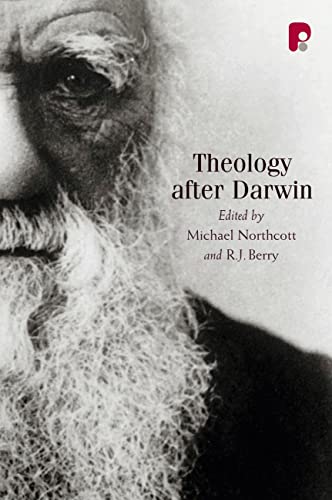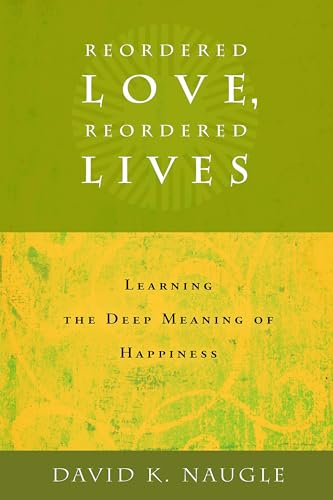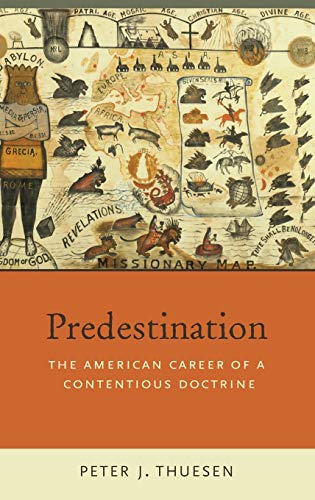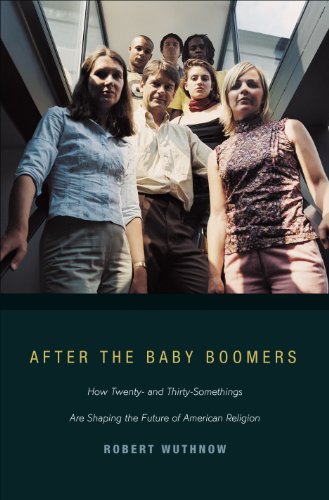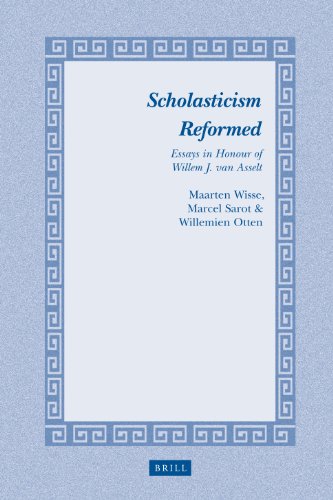Theology after Darwin
Written by Michael Northcott and R. J. Berry, eds. Reviewed By Douglas F. KellyThis volume, consisting of eleven chapters, an introduction, and epilogue, is the fruitful result of a symposium held in Edinburgh on the 150th anniversary of the publication of Darwin’s Origin of Species. Eleven able scholars from a variety of fields—biology, genetics, ethics, biblical studies, and theology—have written very clearly on such ever relevant matters as ‘Biology after Darwin,’ ‘Intelligent Design,’ ‘Providence,’ and ‘Doctrine of the Fall and Sin after Darwin.’
All of these writers wish to uphold the biblical tradition and to speak it into the contemporary culture. Every chapter shows broad and deep awareness of the subject matters the author addresses, both in terms of history and of current scholarship. For that reason, whether one agrees with all of their positions or not, this volume is well worth reading and puts one in touch with serious scholarship, past and present, in many related fields of research.
All of the authors unquestioningly assume that some form of Darwinian evolution is correct and that biblical interpretation must adjust itself to it. As one who believes in biblical creation, I would wish to take a different approach here. In his chapter, ‘After Darwin: Is Intelligent Design Intelligent,’ Denis Alexander states, ‘Intelligent Design represents a scientific hypothesis with explanatory power [coming] from a false conclusion inherent in its argument’ (p. 32). But what if theological scholarship based on the assumption of evolution is itself grounded on a false presupposition?
Though I am no scientist, it does appear to me that Dr. Alexander’s essay rather too quickly disposes of the empirical arguments brought forward by proponents of intelligent design. Maybe I have missed something, but I cannot see how he has really proven that ‘the irreducible complexity’ of the cell has been falsified (pp. 34–35). It appears to me that many of those who assume the truth of evolution are too ready to place any and all empirical evidences raised against it as falling into the category of ‘religion’ and therefore being thrown out of court as ‘non-scientific.’ That may be an effective tool of debate, but does it represent an open seeking of truth wherever it may lead?
Dr. John Bimson’s essay on ‘Doctrines of the Fall and Sin after Darwin’ certainly raises the right questions for Christian theology. He shows that the historicity of Adam and Eve is integral to the traditional biblical understanding of the origin of sin, evil, and death (pp. 114–15). He is correct when he states that the straightforward biblical teaching (e.g., Gen 3 and Rom 5) ‘is clearly incompatible with a Darwinian understanding of human origins’ (p. 122). He hopes to retain some sense of ‘the Fall’ (p. 122), but I fail to see how one can hold to an originally good and sinless created order and at the same time posit evil, death, and evolutionary struggle long before ‘Adam’s’ first sin, which is what Scripture teaches us brought the judgment of death, and the origin of evil, in the first place.
The same problem is addressed in Dr. Neil Messer’s ‘Natural Evil after Darwin’ (pp. 139–54). He takes Christopher Southgate to task for denying any connection between the fallenness of the world and ‘the suffering and destruction resulting from the evolutionary process’ (p. 149). His chapter is itself an intelligent demonstration of the incommensurability of Darwinism and the biblical teaching on creation and fall. One cannot at the same time hold to both of them as a true account of affairs.
Michael Northcott’s ‘Theological Ethics after Darwin’ sensitively assesses the ethical consequences of ‘the rejection of teleology and the doctrine of final causes’ (p. 127). Commenting on Michael Ruse, he notes, ‘evolution is still performing the role of source of morality, and morality is consequently reduced to the accidental status it has in the Darwinian mainstream’ (p. 131). Professor Northcott certainly wishes for something better, but I was unclear as to exactly what it would be.
Professor David Fergusson’s ‘Darwin and Providence’ carefully and accurately discusses Christian theological views on providence from Hodge, McCosh, Warfield, and others down to the present, such as Polkinghorne (pp. 78–83). He shows how quickly evangelicalism in Britain and America accommodated itself to evolutionary theory (pp. 86–88), and ‘The Threat to Human Significance’ of this accommodation (p. 85). As an alternative to the denial of human uniqueness, Dr. Ferguson suggests ‘phenomena such as consciousness, our moral capacities, and spiritual discernment that demand different forms of explanation and understanding from those available to the natural sciences’ (p. 85).
One of the most intriguing essays I have ever read concerning ‘final fulfillment for nonhuman creatures’ is ‘Hope for Creation after Darwin: The Redemption of “All Things” ’ by Dr. Denis Edwards (pp. 171–89). It is a particularly interesting meditation on Rom 8:18–25: the final redemption of the entire created order. He discusses ‘the transfiguration of the material universe’ (p. 178), drawing on Staniloae and Rahner. What he writes about ‘Hope for the Animals’ may or may not be right (pp. 184–89), but I tend to hope that he is right! Whether one assumes evolution or creation makes little practical difference to the themes developed in this meditation.
In sum, one has to appreciate the herculean efforts of these Christian scholars to retain as much of traditional biblical theology as possible in conjunction with their belief that there is simply no intelligent alternative to evolutionary theory. But since I remain unconvinced that evolution is a fact rather than a theory, I believe that modern intellectual culture needs to be addressed in a different way.
Douglas F. Kelly
Reformed Theological Seminary at Charlotte
Charlotte, North Carolina, USA
Other Articles in this Issue
Most of us, I suspect, develop fairly standard ways, one might even say repetitive ways, to appeal to the motivations of our hearers when we preach the gospel...
How to Write—and How Not to Write—A Review: An Appreciative Response to Reviews of Ancient Near Eastern Themes in Biblical Theology by Dempster and Edgar
by Jeffrey J. NiehausI want to thank Themelios for the unusual opportunity to interact with two reviewers of my book Ancient Near Eastern Themes in Biblical Theology...
Parallels, Real or Imagined? A Review Article of Jeffrey J. Niehaus, Ancient Near Eastern Themes in Biblical Theology
by William EdgarWhen I came to Westminster Theological Seminary in Philadelphia as a young student in the 1960s, two things struck me...
Why Evangelicals Should Ignore Brian McLaren: How the New Testament Requires Evangelicals to Render a Judgment on the Moral Status of Homosexuality
by Denny BurkIn 2006 on Christianity Today’s leadership blog, Pastor Brian McLaren urged evangelical leaders to find a “Pastoral Response” to their parishioners on the issue of homosexuality...
A Member of the Family or a Stranger? A Review Article of Jeffrey J. Niehaus, Ancient Near Eastern
by Stephen DempsterWe cannot overstate how important knowing the context is for understanding the significance of any communication, whether that is a simple word, sentence, paragraph, larger text, sign, photograph, or cultural cue...


